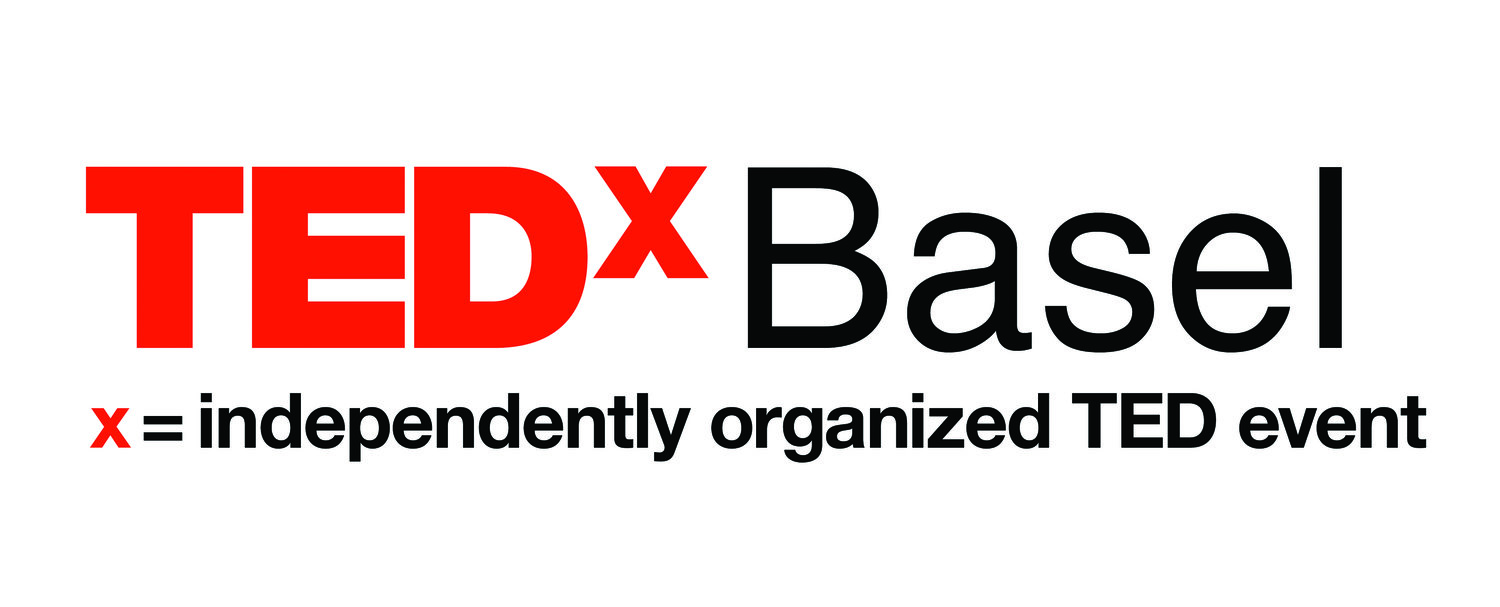TED's 31 days of Ideas - Day 5: We need to talk about an injustice
/We need to talk about an injustice
By Julie Lythcott-Haims
I attended my first TED conference in 2012 and was among thousands in the packed audience when Bryan Stevenson took the main stage and gave a talk, "We need to talk about an injustice," that brought the audience of wealthy, connected, accomplished people to its feet. "We have a system of justice in this country that treats you much better if you're rich and guilty than if you’re poor and innocent," he told us. "Wealth -- not culpability -- shapes outcomes."
When the talk concluded I looked around and saw tears in others' eyes as they gave Stevenson the most thunderous applause of the entire five-day conference, and I wiped away tears of my own. Hearing this man speak reminded me why I'd gone to law school in the first place so long ago. I left his talk feeling terribly hopeful that social justice warriors like Stevenson are out there looking after those whom society systemically discards.
Stevenson runs the Equal Justice Initiative in Montgomery, Alabama, which advocates for equal treatment in the criminal justice system. In his talk, he shares the cold hard facts of criminal justice in America. For example, that we have the highest incarceration rate in the world thanks in part to a misguided "war on drugs" and to racial injustice in convictions and sentencing, and that we're the only country that sentences children as young as thirteen to die in prison.
Stevenson anchors his talk with beautiful stories. He relays a life-changing conversation with his grandmother and another with Rosa Parks, who wanted to know more about his work. He gave Parks a long list of his organization's objectives: challenge injustice, help people wrongly convicted, confront bias and discrimination in the administration of criminal justice, end life without parole sentences for children, do something about the death penalty, reduce the prison population and end mass incarceration. After hearing all of this, he tells us, Parks looked at him and said, "Hmmm. That’s going to make you tired, tired, tired. And that’s why you've got be brave, brave, brave."
As inspiring as it was to hear of this conversation between two civil rights heroes, it was Stevenson's account of representing a fourteen-year-old client that moved me the most. I won’t give it away here -- take a listen for yourself.
"The opposite of poverty is not wealth," Stevenson implores with calm certainty. "The opposite of poverty is justice. We won't be judged by our technology, our design, our intellect and reason. Ultimately you judge the character of a society not by how they treat the rich, powerful and privileged but by how they treat the poor, the condemned, the incarcerated." He concludes, "The moral arc of the universe is long but it bends toward justice. We cannot be full, evolved human beings until we care about human rights and basic dignity. All of our survival is tied to the survival of everyone."
As we prepare to write this next chapter of American history, I'm keeping Stevenson’s closing words close to my heart: "Keep your eyes on the prize. Hold on."


